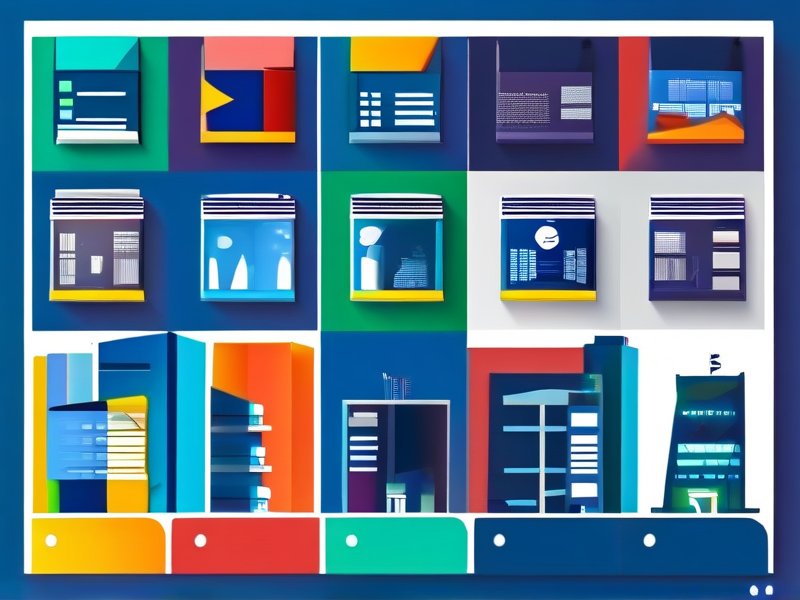
Introduction: The Importance of Internet Freedom Today
In an increasingly interconnected world, internet freedom has become a cornerstone of modern life. Whether accessing educational resources, communicating with loved ones, or simply exploring global cultures, unrestricted browsing empowers individuals to connect beyond geographical and political boundaries. However, over 60 countries currently impose some form of internet censorship, limiting access to content ranging from social media platforms to news websites. This makes tools like Free VPNx critical for users seeking to reclaim their digital autonomy while prioritizing safety.
Understanding the Risks and Benefits of Free VPNs
While free Virtual Private Network (VPN) services offer an accessible solution for bypassing internet restrictions, they come with inherent trade-offs. Here’s a balanced analysis of their role in promoting internet freedom:
- Access to Censored Content: Free VPNs allow users in restricted regions to access blocked platforms like YouTube, Facebook, or regional news websites. For example, Free VPNx provides servers in over 30 countries, enabling users to choose a server location that grants them uncensored access.
- Cost Accessibility: Unlike paid options requiring monthly subscriptions, free services remove financial barriers, making them ideal for students, travelers, and tech users in developing regions.
- Data Security Concerns: Many free services monetize user data through ads or data selling. Users should always check privacy policies—Free VPNx explicitly states it doesn’t log user activity, a key differentiator.
- Performance Limitations: Free plans often feature slower speeds and fewer server locations compared to premium alternatives. For critical tasks like video conferencing, consider upgrading to a paid tier.
Practical Tip: Always verify a free VPN’s transparency. Look for clear privacy policies, third-party audits, and community reviews. Free VPNx’s FAQ section provides detailed technical specifications, including their use of AES-256 encryption.
Step-by-Step Guide to Safe Browsing with Free VPNs
Maintaining security while using free services requires proactive measures. Follow these best practices to protect your online identity and data:
1. Choose Reputable Providers
Not all free services prioritize user privacy. Key evaluation criteria include:
- No-logs policy (check for independent certifications)
- Open-source code availability (e.g., Free VPNx publishes its protocol specifications)
- Transparency about data usage practices
2. Implement Layered Security
Combine your free VPN with these additional protections:
- Strong Passwords: Use a password manager to create unique credentials for each account
- Two-Factor Authentication (2FA): Enable for all sensitive accounts even when using a VPN
- Ad-Blocking Extensions: Tools like uBlock Origin prevent tracking scripts from compromising privacy
3. Practice Safe Surfing Habits
Maintain vigilance even with secure connections:
- Avoid downloading files from untrusted sources
- Regularly clear browser caches and cookies
- Use incognito/private browsing modes for sensitive activities
Pro Tip: Test your setup with Free VPNx’s privacy checker to verify if your IP address and location remain concealed.
Conclusion: Empowering Safe Global Connectivity
While free VPNs like Free VPNx play a vital role in advancing global internet freedom, their effectiveness depends on informed user choices. By selecting transparent services, adopting robust security practices, and staying informed about digital rights issues, individuals can navigate the internet safely while advocating for unrestricted access. As technology evolves, maintaining this balance between accessibility and security will remain critical to preserving the open web’s transformative potential.
For those ready to take control of their online experience, Free VPNx provides a starting point—but remember, true internet freedom requires ongoing awareness and proactive measures to protect your digital footprint.